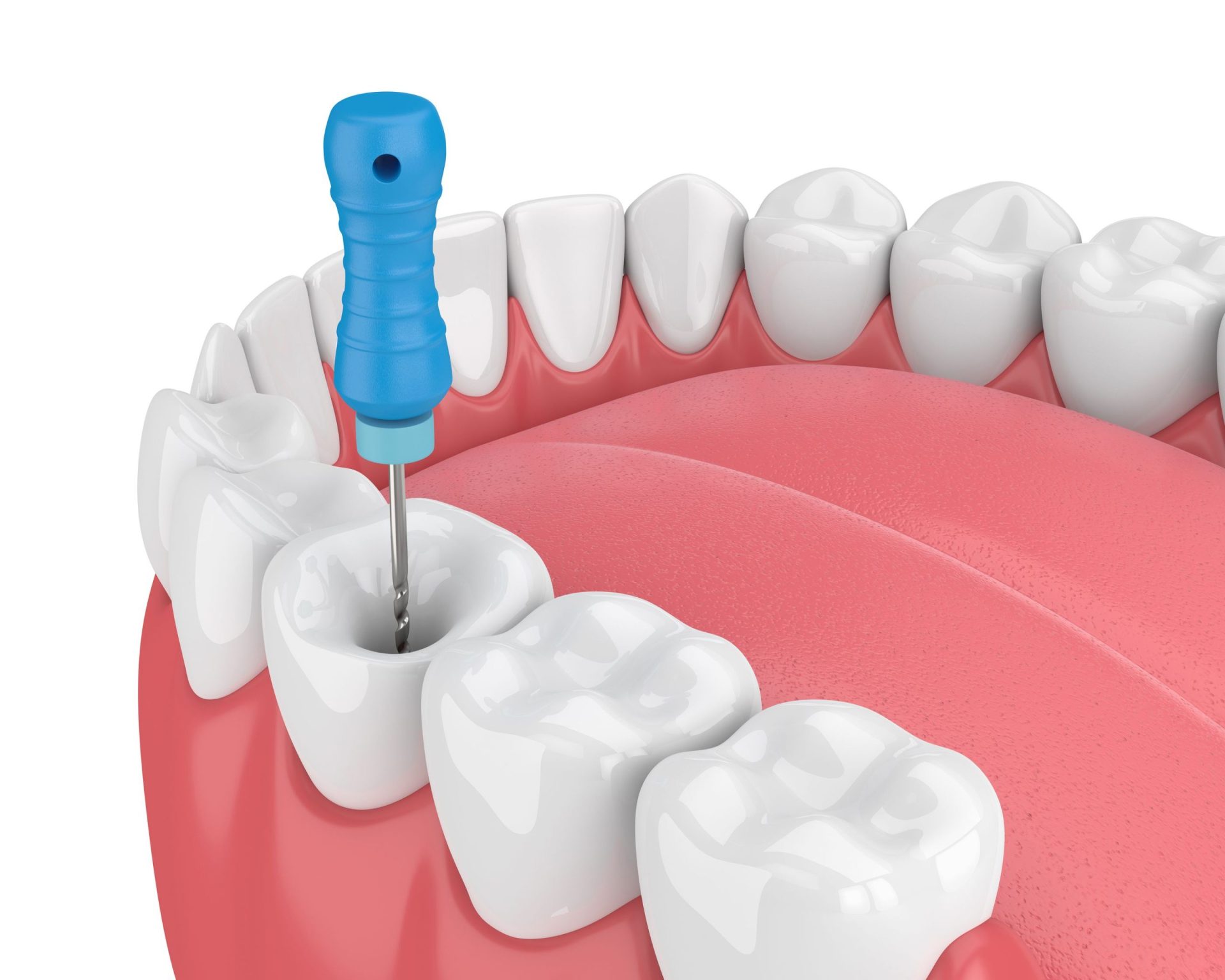
Endodontics is a surgical procedure in dentistry that involves the treatment of the tissues surrounding the teeth and the dental pulp. The dental pulp is essential to the teeth as it contains nerve endings. Hence, the dental pulp is responsible for sensation in the teeth. Endodontics is the procedure that involves the diagnosis and treatment of diseases related to the dental pulp and the tissues surrounding the teeth like gums.
About the Endodontics Procedure
Many of us may not be aware that the central part of our teeth contains a soft tissue known as the dental pulp. Sometimes, the dental pulp is infected or damaged due to multiple reasons. In such cases, the affected dental pulp is removed and filled with an artificial substance. This is known as the endodontics procedure. It is commonly called the root canal procedure as well.
How is the Endodontics Procedure Conducted
Since the dental pulp contains nerve endings, operating on it is painful. Hence, the endodontics procedure is conducted using local anaesthesia. The local anaesthesia numbs the area where the diseased dental pulp is to be removed. Once the dental pulp is removed, the cavity in the teeth is filled with an artificial substance. By conducting the endodontics procedure, the blood supply to the tooth and the surrounding tissue remain unaffected.
Who Qualifies for the Endodontics procedure?
Anyone whose dental pulp is affected because of infection or injury needs the endodontics procedure. The infection may be because of bacteria or any other reason.
Who performs the endodontics procedure?
The endodontics procedure is performed by a periodontist (commonly known as a dentist).
Benefits of the Endodontics Procedure
Performing endodontics surgery has numerous benefits like:
- Complete removal of the infected part of the dental pulp.
- Filling of the cavity by artificial substance.
- No injury to gums and other nerves of the teeth.
- Relief in pain.
- No need for the tooth removal to remove it the infected dental pulp.
Risks of the endodontics procedure
Endodontics is a painful process. Hence, to reduce the pain, a local anaesthesia is given. However, there is no risk involved in the procedure of endodontics. There is negligible risk of further infection to the dental pulp and surrounding tooth areas while performing the endodontics procedure. Also, the nerve endings of the teeth and the jaw bone are not touched during the procedure.
Conclusion
Endodontics is the treatment of the diseased dental pulp or the central part of the teeth. It is also known as the root canal process. In this process, the infected dental pulp is removed surgically by drilling a cavity in the tooth. The cavity is then filled with artificial material.
Frequently Asked Questions about Endodontics
Endodontics surgery is also called root canal surgery.
In endodontic surgery, the damaged dental pulp in the center of the teeth is removed surgically, and the tooth is filled with an artificial substance.
Yes, the endodontics procedure is painful. But it is performed after local anaesthesia, which makes is painless.
A dentist performs the endodontics procedure.



















































